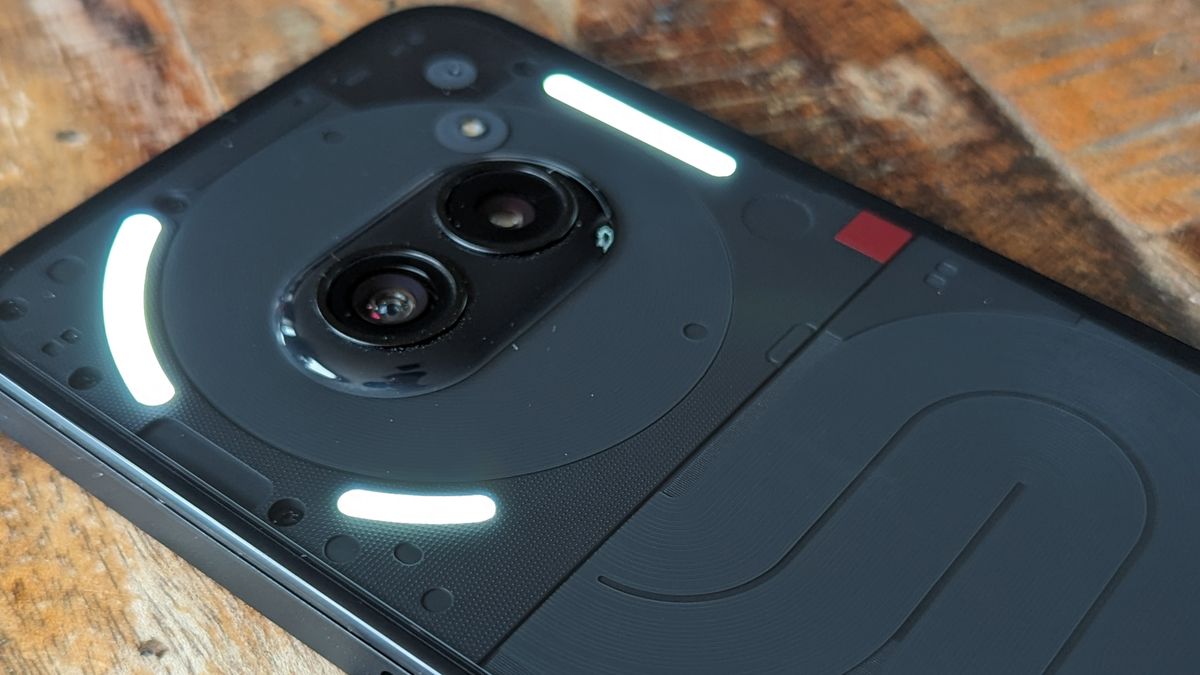A court has ruled that Intel infringed upon a patent held by US-based chip maker R2 Semiconductor, with the chip giant now banned from selling certain previous-generation processors in the country.
A report by the Financial Times outlined how the ruling from a regional Dusseldorf court could heavily impact companies like these by preventing the sales of certain PCs, particularly those made by HP and Dell.
A considerable influence in the sector, Intel’s chips are used in many consumer and business laptops.
Intel to stop selling processors over patent infringement
The specific patent in question relates to voltage-regulating technology, which R2 Semiconductor claims is violated by a number of popular chips, including Ice Lake, Tiger Lake, Alder Lake, and Xeon Scalable ‘Ice Lake Server’ models.
The ruling comes after Intel called a potential injunction a ‘disproportionate remedy’ in a September 2023 Form 10-Q, which revealed that R2 had filed lawsuits in both Germany and the UK.
Dusseldorf’s ruling prohibits the sale of the affected Intel processors as well as devices featuring them, and legal challenges in the UK could result in similar consequences for the company and the wider industry.
With that threat looming, it begs the question of whether Intel’s chips will be banned in other countries around the world, rendering millions of devices on store shelves unsellable. Intel has already argued that the patent has been invalidated in the US.
The company told the Financial Times: “Intel believes companies like R2, which appears to be a shell company whose only business is litigation, should not be allowed to obtain injunctions on CPUs and other critical components at the expense of consumers, workers, national security, and the economy.”
R2 CEO David Fisher added: “It is unsurprising but disappointing that Intel continues to peddle its false narratives rather than taking responsibility for its repeated and chronic infringement of our patents.”





